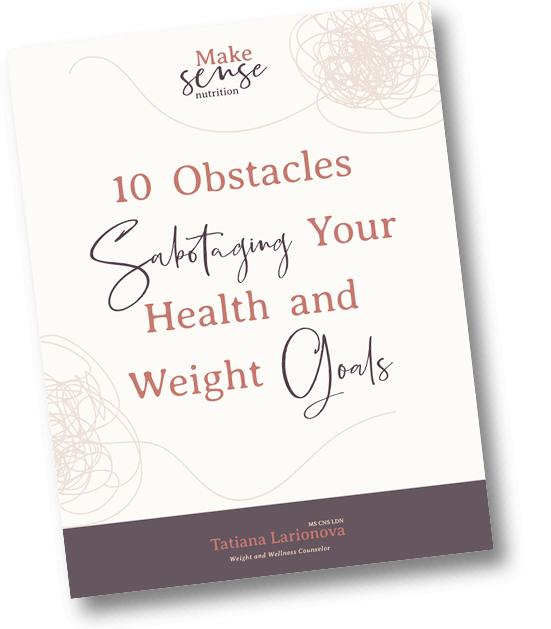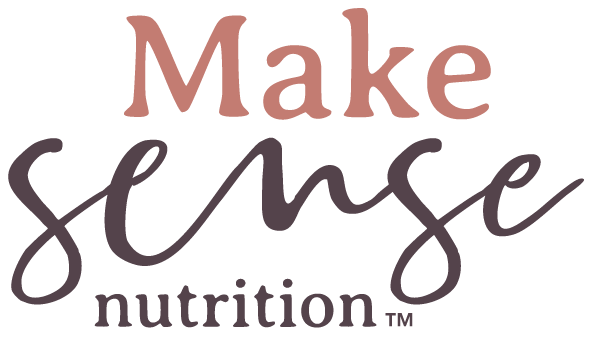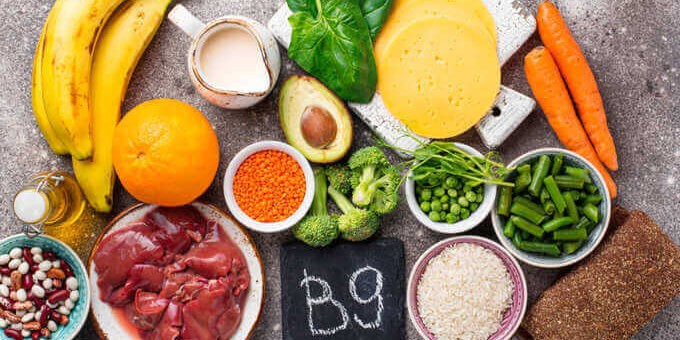Blog
Diet and Depression: is There a Link?

It’s become rather wide spread that healthy eating leads to healthy living, for the most part – in terms pf physiological health. But is there a connection between our diet and mental health? Studies show that, yes, and it’s very profound!
Many people engage in unhealthy eating behavior (whether it’s emotional/stress eating or eating processed sugary foods in excess) when they get depressed. But the question is what came first – the diet or the depression?
Several studies have found that those participants who ate a poor-quality diet (high in processed meats, sweets, soda, fried foods and refined cereals) were more likely to report symptoms of depression. And the opposite was in effect as well – people who ate diets rich in vegetables, fruits and fish were less likely to report being depressed.
This conclusion supports other studies’ findings that healthy diets help protect against disease. Well-researched Mediterranean diet that focuses on fruits, vegetables, legumes, nuts and fish and limits meat and dairy products had proven to reduce the risks of depression, Alzheimer’s, diabetes and heart disease.
Our brain on junk food
The brain’s synapses – junctions at which communication happens from one cell to another – are impacted by junk/fast and processed foods in a way that negatively effects learning, memory, cognitive function and mood. Junk food is scientifically manufactured with synthetic ingredients that are designed to promote appetite, overeating and desire to eat more of these foods more often. Different people respond differently to these foods – some are in full control of their cravings and are able to walk away from these foods after just a few bites/pieces. However the genetic design of about a third of the entire population predisposes them to develop addictive-like behaviors with these foods. They are the ones that are also at higher risk for developing other additions – substance abuse, alcohol, excessive shopping or gambling.
Most junk foods have low nutritional value, fiber and are high in ’empty’ calories. When we eat them, the satiety does not come early enough (due to low fiber and nutrients) leading to overconsumption and weight gain. The brain realizes that the body did not receive the nutrition it needs and generates hunger signals soon after, driving us to eat more. This is how we become overfed and malnourished at the same time – high caloric density of these foods lead to overweight and obesity, while low nutrient density – to nutrient deficiencies. The vicious cycle goes on – the more junk/fast/processed food we eat, the more overweight and undernourished we become leading to development of chronic diseases (diabetes, hypertension, heart disease, cognitive decline, kidney and gallstones, premature aging among others).
You get the picture – we become sick, fat, inactive, uninterested, foggy-minded and depressed…
What do we do?
Sounds depressing, pun intended, but not hopeless! (I’m a Glass-Half-Full type of person 🙂
Adding whole unprocessed vegetables and fruits, whole grains, healthy fats (like avocado, olive oil and nuts and seeds), legumes and lean meat, poultry and fish to our diet eventually reverses the effect of junk and fast foods on our body and mind.
Many people, when faced with the idea of going on a diet, have a mindset of deprivation due to cutting out their habitual foods. This mindset leads them to soon break the diet. However, when seeing the diet as a lifestyle modification, focusing on adding new foods rather than eliminating, slowly cutting back on junk foods rather than banning them altogether – will set a sure path for gradual weight loss and health regain. Your diet should be custom designed for you individually to include your favorite foods in moderate amounts to avoid feeling of deprivation and misery that many hard-core dieters experience. You have to budget in birthday cakes and potluck gatherings to enjoy your life, while also slowly changing the core of your daily food content – more of whole, fresh and unprocessed fair.
Check oUT OTHER RECENT POSTS
Nutrient Spotlight: Folate
Nutrient Spotlight: Selenium


Hello, I’m Tatiana. I am a Licensed Dietitian Nutritionist and a Certified Nutrition Specialist.
I help people
- normalize their relationships with food,
- peel off the layers of misunderstood physical, nutritional and emotional needs,
- lose weight as a side effect of finding peace with food,
- stop obsessing about food and
- start living the freedom!

FREE DOWNLOAD
What stops you from getting in your best shape?
- Do you spend hours searching for the latest, most effective diet?
- Are you exhausted from using up so much energy and mental space on dieting and weight solutions?
- Are you uneasy around food and can’t seem to trust yourself to eat just enough for your body?
- Do you deal with challenges getting in the way of your healthy eating goals?
I’ve compiled this free tool - a list of 10 Obstacles Sabotaging your Health and Weight Goals that will help you pinpoint challenges you are dealing with that stop you from moving forward.



